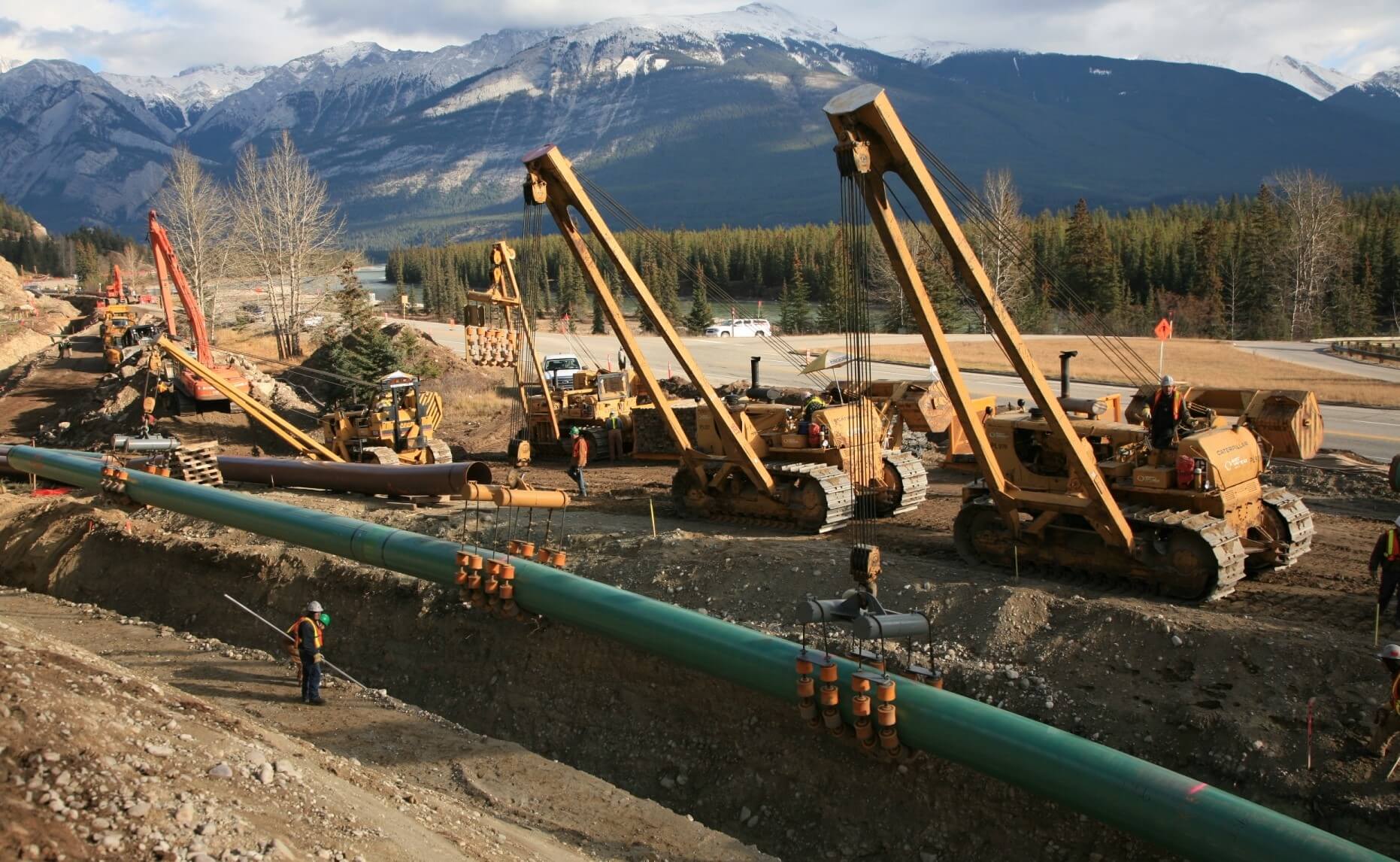This article originally appeared in the Globe and Mail.
By JP Gladu and Sharleen Gale, April 10, 2024
Just as much-needed energy projects in the U.S. grind to a halt in years-long disputes with Indigenous peoples, Canada is finding its own more optimistic way forward.
An openness to Indigenous project ownership here is fast becoming a major international competitive advantage for Canada, as illustrated by a flood of deals happening across the country in the natural resource sector. It lowers project costs, mitigates conflict, reduces regulatory risk and creates spinoff opportunities for Indigenous nations to develop their own project-related supply chains.
Indigenous ownership accomplishes all of that, and more.
This is about economic reconciliation, yes, but it’s also about shared prosperity – once projects get off the ground, they are a win-win-win for government, industry and Indigenous nations. It has been said and widely acknowledged that the road to net zero runs through Indigenous lands. This is where the next chapter of Canada’s relationship with its Indigenous peoples will be written.
While the federal government’s Fall Economic Statement promised an Indigenous Loan Guarantee Program to increase access to affordable capital for Indigenous nations, creating more opportunity for equity ownership in natural resource projects and dismantling some systemic barriers to entry, we’re not there yet.
When Finance Minister Chrystia Freeland delivers her budget on April 16, it is essential that she declare this program agnostic to infrastructure – loan guarantees must allow for Indigenous ownership of oil and gas developments, as well as mining and renewable energy projects.
As a result of the language of the fall statement, which references “clean economy opportunities,” there has been much worry among Indigenous groups that emitting projects may not be eligible for the loan program.
But let’s remember that if you support Indigenous rights, then you support Indigenous rights to choose what projects they want to be involved in, wherever a business case can be made. As the First Nations Major Projects Coalition (FNMPC) has said: “We hope to see a program that ultimately seeks to respect the rights of First Nations to participate in projects on their lands, as they wish.”
As well, recognizing that many Indigenous nations lack the resources to conduct initial due diligence on these megadeals (resources that industry partners already have in-house), the forthcoming program must include “capacity dollars” to help build that internal know-how.
Over the next decade, research from the FNMPC estimates that nearly 500 major natural resource projects will be developed in Canada that will affect Indigenous lands, representing roughly $570-billion in capital investment. More than 80 per cent of these projects will be in the energy sector, with the remaining 16 per cent in mining and 4 per cent in forestry.
Dozens of deals have already been done; dozens more are under way.
In Nunavut, the 100-per-cent Inuit-owned Kivalliq Hydro-Fibre Link project will span 1,200 kilometres and connect Manitoba’s electricity grid with Nunavut.
In Ontario, the 49-kilometre Chatham to Lakeshore Transmission Line will add about 400 megawatts of clean electricity to the region and better serve a burgeoning local economy that includes battery manufacturing and the agri-food sector. Hydro One Networks Inc. has offered five local First Nations the opportunity to invest in a 50-per-cent equity ownership stake in the project.
In New Brunswick, the North Shore Mi’kmaq Tribal Council and its seven First Nations have signed equity agreements with Moltex Energy Canada and ARC Clean Technology Canada to develop nuclear technology.
In Nova Scotia, the much-vaunted Clearwater deal – in 2021, a consortium of Mi’kmaw First Nations acquired 50 per cent of the seafood giant – is full-throttle forward as the company increases Indigenous procurement and looks to expand.
And finally in B.C., members of the Fort Nelson First Nation have a 100-per-cent ownership stake in the $95-million Tu Deh-Kah Geothermal project, which plans to produce up to 15 megawatts of renewable energy. The project will reinvigorate the region’s economy and support skills training, creating a virtuous circle of benefits and, it is hoped, tempt back Fort Nelson members who left to pursue opportunities elsewhere.
The federal government’s commitment to support Indigenous ownership is laudable and will build on successes cemented in Alberta and Ontario, which have supported more than 15 transactions enabling Indigenous nations to become equity partners in major projects. The federal budget must take meaningful steps toward making this commitment a reality. Ottawa has willing partners that are ready to advance meaningful partnerships that benefit all Canadians.
JP Gladu is principal of the Mokwateh consultancy. Chief Sharleen Gale is the chair of the First Nations Major Projects Coalition (FNMPC) and Chief of the Fort Nelson First Nation. They are speakers at the Public Policy Forum’s Growth Summit in Toronto on Thursday.






